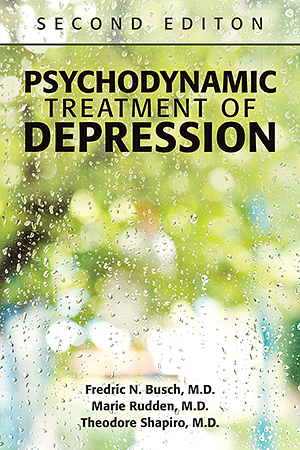Sections
Excerpt
In the initial phase of depression-focused psychodynamic psychotherapy, the patient’s symptoms begin to recede with the development of a hopeful, affectively connected treatment relationship and the beginnings of an understanding that depressive symptoms have meaning. The early, central formulations create a sense of being understood by the therapist, with whose stance toward the depression the patient begins to identify. The patient sees that the depressive symptoms are connected to current and past experience, and hence the symptoms feel less “out of the blue” and more within his or her control.
Access content
To read the fulltext, please use one of the options below to sign in or purchase access.- Personal login
- Institutional Login
- Sign in via OpenAthens
- Register for access
-
Please login/register if you wish to pair your device and check access availability.
Not a subscriber?
PsychiatryOnline subscription options offer access to the DSM-5 library, books, journals, CME, and patient resources. This all-in-one virtual library provides psychiatrists and mental health professionals with key resources for diagnosis, treatment, research, and professional development.
Need more help? PsychiatryOnline Customer Service may be reached by emailing [email protected] or by calling 800-368-5777 (in the U.S.) or 703-907-7322 (outside the U.S.).



